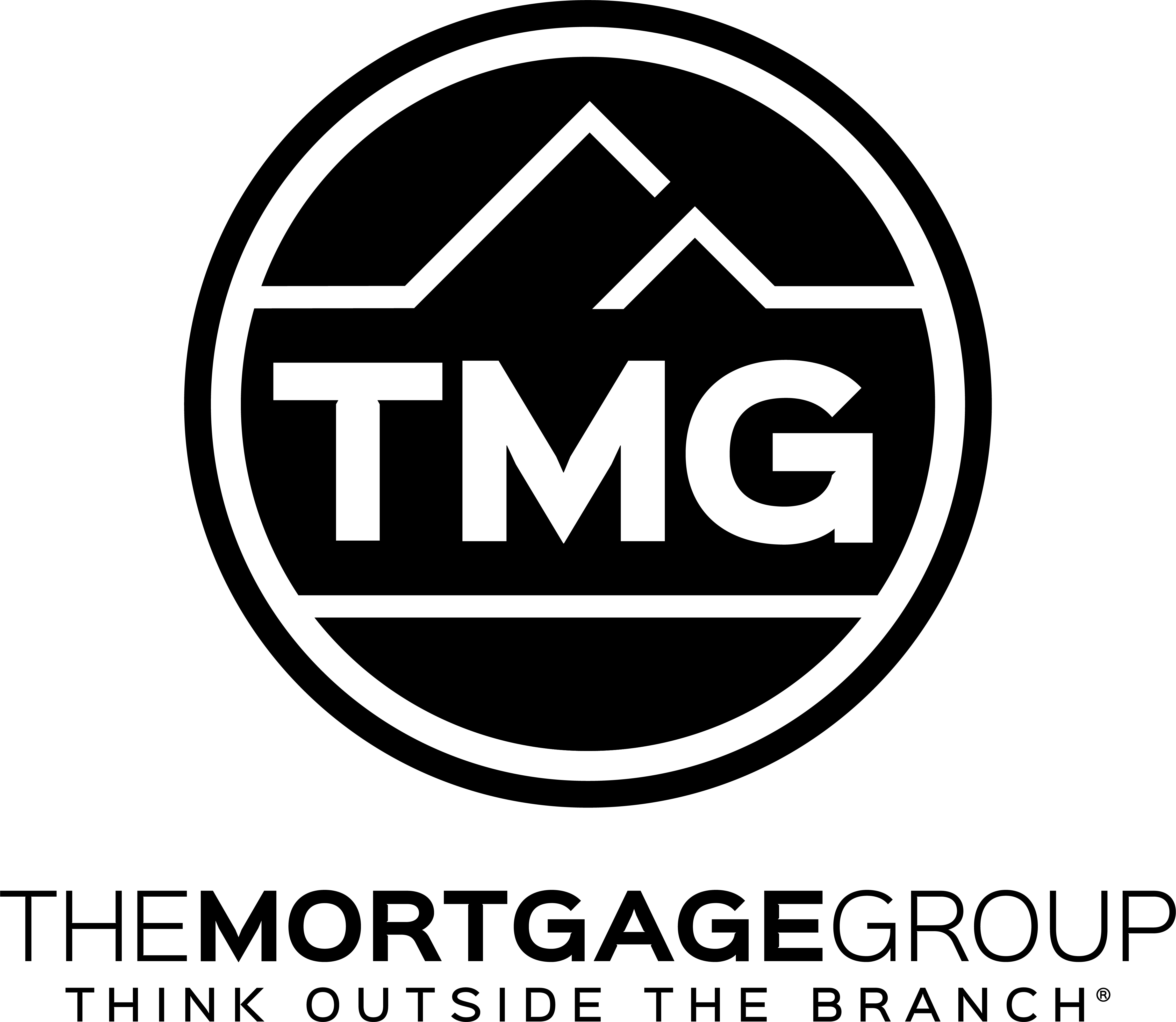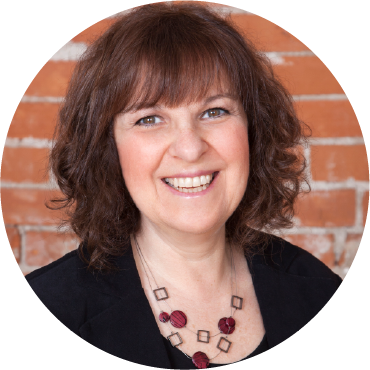Getting a mortgage can be a stressful experience. There is so much to know and understand including some pretty confusing terminology like the difference between term and amortization. Understanding what the mortgage professional is talking about can make the process a whole lot easier.
Here are some mortgage related definitions –
 And by the way,
And by the way,
Term
The period of time you are under contract with the specific lender and the interest rate that they are providing for that time period
Amortization
A term used to describe the period of time over which the entire mortgage is to be paid assuming regular payments.
Appraisal
An independent assessment of the property by a qualified individual.
Closed mortgage
A mortgage that cannot be prepaid, renegotiated or refinanced prior to maturity, unless stated in the agreed terms.
Closing costs
Costs that are in addition to the purchase price of a property and which must be paid on the closing date. Examples include legal fees, land transfer taxes, and disbursements.
Debt service ratio
The percentage of the borrower’s income used for monthly payments of principal, interest, taxes, heating costs and condo fees (if applicable). GDS is gross debt service – how much you spend on Principal, Interest, Taxes and Heating. TDS is total debt service – GDS plus all other payment obligations.
Default
A homeowner is ‘in default’ when he or she breaks the terms of a mortgage agreement, usually by not making required mortgage payments or by not making payments on time.
Down payment
The money that you pay up-front for a house. Down payments typically range from 5%-20% of the total value of the home.
Early Discharge Penalty
A penalty you may pay your lending institution for breaking the mortgage contract early. This is usually 3 months interest or the Interest Rate Differential (IRD). Whichever is larger. See below for IRD.
Equity
The difference between the market value of a property and the amount owed on the property. This difference is the amount a homeowner actually owns outright.
Home Equity Line of Credit
A loan that is secured against your house, like your mortgage, but you obtain a maximum amount that you may borrow but only borrow in the amounts that are needed. You only make payments, minimum is interest only, on what you have borrowed at any given time.
High ratio mortgage
A mortgage where the borrower is contributing less than 20% of the value of the property as the down payment. The borrower may have to pay a mortgage default insurance premium such as CMHC insurance, usually tacked onto the mortgage amount.
Interest Rate Differential
A way lenders calculate the penalty for discharging a mortgage before the end of a closed mortgage contract.
The difference between the interest that the financial institution will make if you continued your mortgage to the end of the contract and what they will make by loaning it to someone else at the current interest rate.
Lump sum payment
An extra payment that you make to reduce the amount of your mortgage, usually as stipulated in your mortgage contract.
Mortgage broker
A company or individual that finds mortgage financing for individuals and companies whether for purchase, refinance, lender switches, etc. A broker does not actually lend money but seeks out a lender and arranges the mortgage terms.
Mortgage default insurance
Required if you are contributing between 5% and 20% of the value of the property as the down payment.
Mortgagee/mortgagor
Mortgagee is the lender; mortgagor is the borrower.
Mortgage life insurance
This form of insurance pays the outstanding balance of your mortgage in full if you die. This is different from home or property insurance, which insures your home and its contents.
Mortgage interest rate
The percentage of interest that you pay on top of the principal amount of the loan.
Open mortgage
A mortgage which you can pay off, renew or refinance at any time. The interest rate for an open mortgage is usually higher than a closed mortgage rate.
Porting
Transferring an existing mortgage from one home to a new home when you move. This is known as a “portable” mortgage.
Refinancing
Increasing the amount of your current mortgage, usually at a new interest rate. The term of the new mortgage must be equal to or greater than the term remaining on your current mortgage.
Variable rate mortgage
A mortgage with an interest rate that changes with the market. The rate changes when prime rate goes up, meaning your rate is usually the prime + or – a fixed figure. For instance if your variable rate is Prime (currently 3%) plus .50%. You would pay 3.50%. If prime rate goes up for instance to 3.25%, you interest rate would be 3.75%.







